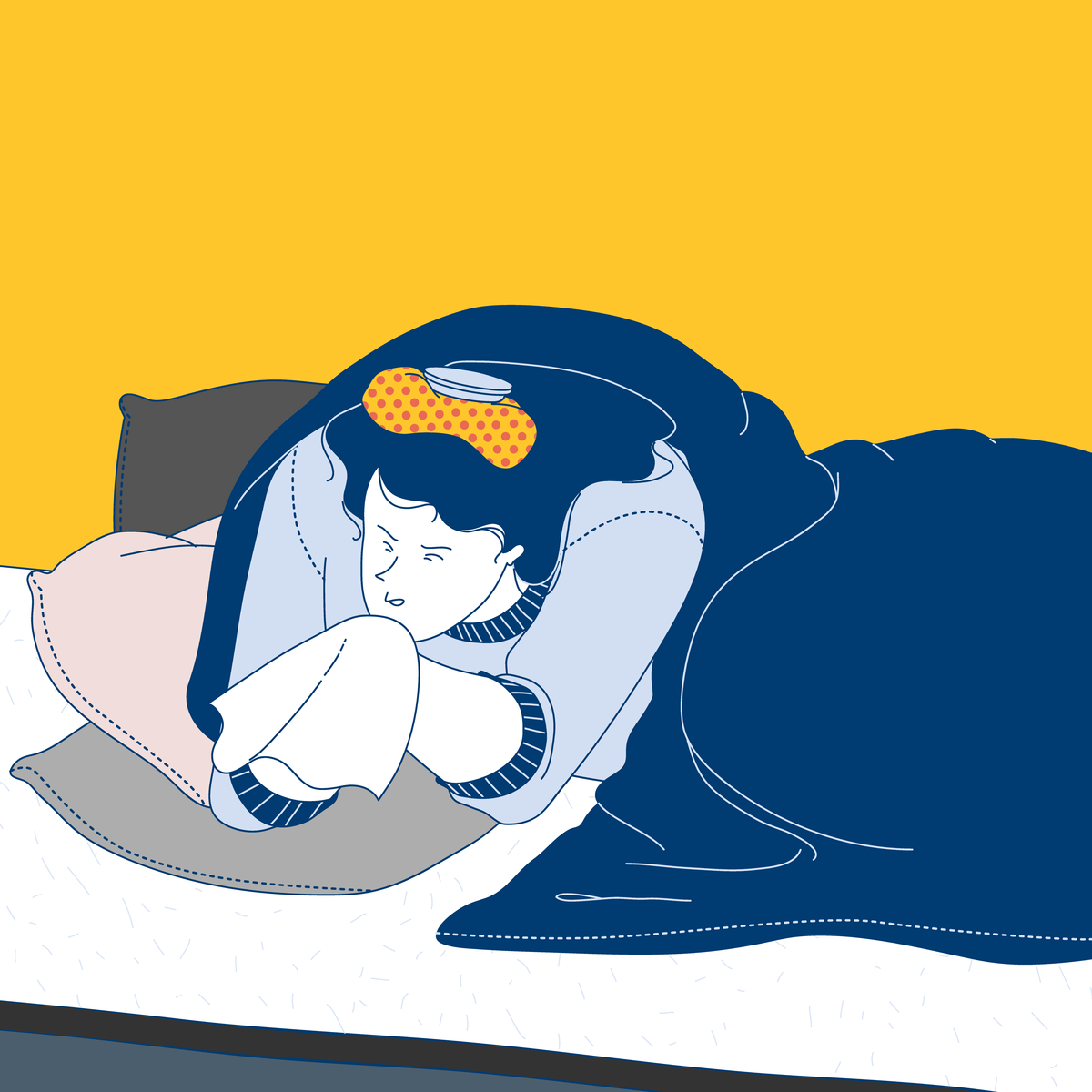A global pandemic has resulted in increased stress and mental health symptoms, undermined our efforts to be healthy and active, and changed how we live our lives, including a variety of work from home arrangements. All these implicate how well we sleep, our sleep routine and the quality of rest and rejuvenation that we get from sleep. We spoke with Dr Kevin Cheng, a preventative health GP in Sydney, to give some important messages for you during Covid.
Many of us know that sleep is important for both our physical and mental health. Inadequate sleep increases your risk of diabetes, heart disease, obesity, dementia and infections. It can lead to, or exacerbate, fatigue, irritability, cognitive impairment, anxiety and depression. For those that consistently get less that 7 hours of sleep, compared to those that consistently get more than 8, there is a 10% higher risk of death. Despite these facts, getting adequate quality sleep remains a challenge for nearly 1 in 2 Australians.
Covid has forced into sharp focus how we are resting and whether we are now getting good sleep. Interestly, there are two sides of the story over these past 8 months. The Australian Sleep Health Foundation has reported that sleep has gotten worse for 40% of the population. For many in this category, insomnia has been due to increasing alcohol consumption, late nights, more screen time, greater stress and worry. However the same survey found that for those with sleep issues before Covid, 42% of these folks had actually improved their sleep, potentially because of a more flexible work and home balance.
So it’s a mixed bag – some are sleeping better, but for many, they are suffering sleep issues for the first time. Recommendations for sleeping better are well covered in other blogs, but my tried and tested interventions for over 20 years as a GP include:
- Ensure regular sleep time and bed, no caffeine or screen time for a few hours beforehand, and limit sugar, alcohol or sedatives
- Manage stress any way you can – do yoga, practise tai chi, read a book, listen to music, go for a walk, go dancing or singing, see friends and debrief difficult issues with others
- Exercise daily, get outdoors, stay socially active, and burn energy during the day
- Practise mindfulness, meditation, prayer or relaxation therapy – learn to relax both the mind and your body before going to sleep
Long Term Effects of COVID
Sleep is also important to help you stay healthy as possible, in case of any flu or Covid infection risks. Covid is panning out to be a multi-system disease, not just respiratory. The term “long Covid” has arisen, meaning weeks and months of symptoms after the initial infection, such as brain fog, clotting disorders, heart disease, headache, breathlessness, gut symptoms and hair loss. What’s important is that poor sleep can increase the risk of these symptoms, and can result in other chronic health conditions being poorly managed, which in turn increases the severity of Covid if you get infected.

It is critical everyone gets as much quality sleep as they can – doing so decreases the risk of the common cold 4 times, and a reduction in Covid risk may be assumed. You also don’t want a cold or the flu, whilst being exposed to Covid. Whilst we are currently doing well in Australia, reopening borders will increase the risk of second and third waves of infection, which means we need to be adopting healthy habits over the medium to longer term, regardless of current infection rates.
You don’t have to struggle alone – if you’re suffering sleep issues, talk to your GP or check out resources at the Sleep Health Foundation or at osana.care.
Dr Cheng is an Australian-trained GP specialising in chronic disease management and integrated care. He has worked as a doctor in Australia, Hong Kong, London and Africa in clinical and non-clinical roles. He also has a business background having advised international companies at McKinsey and Boston Consulting Group. He is the founder of Osana, a general practice corporate based in Sydney, NSW.



